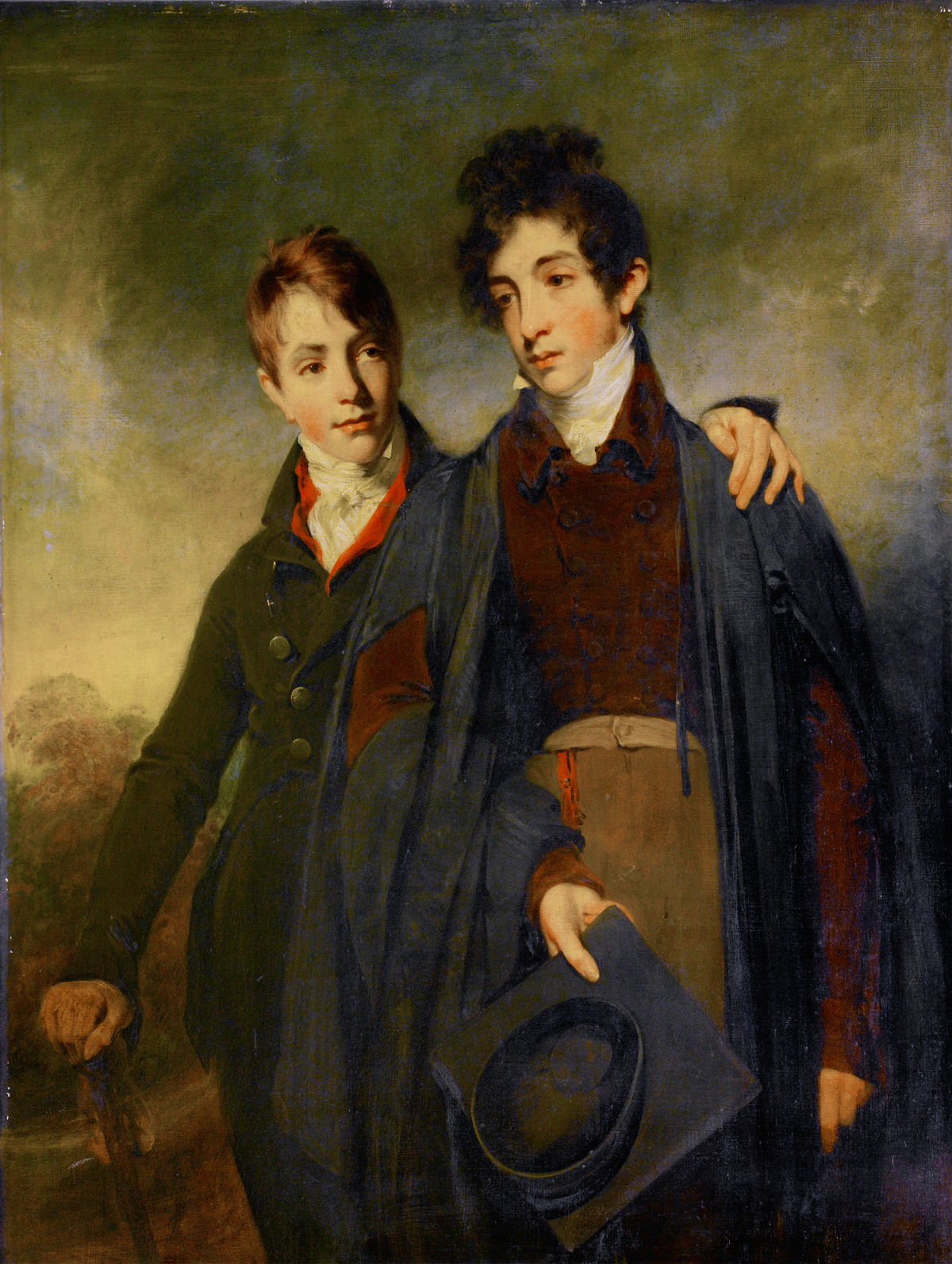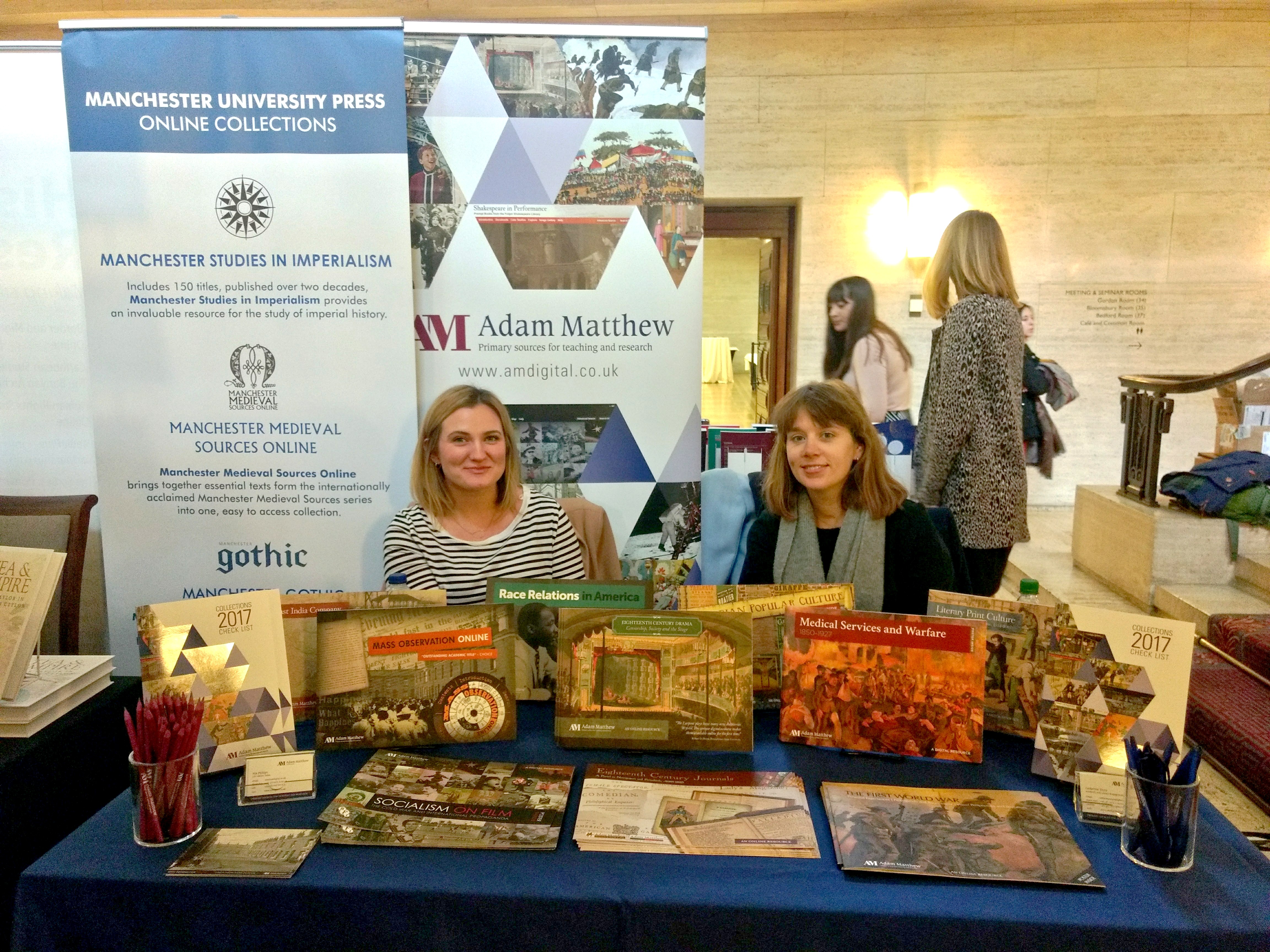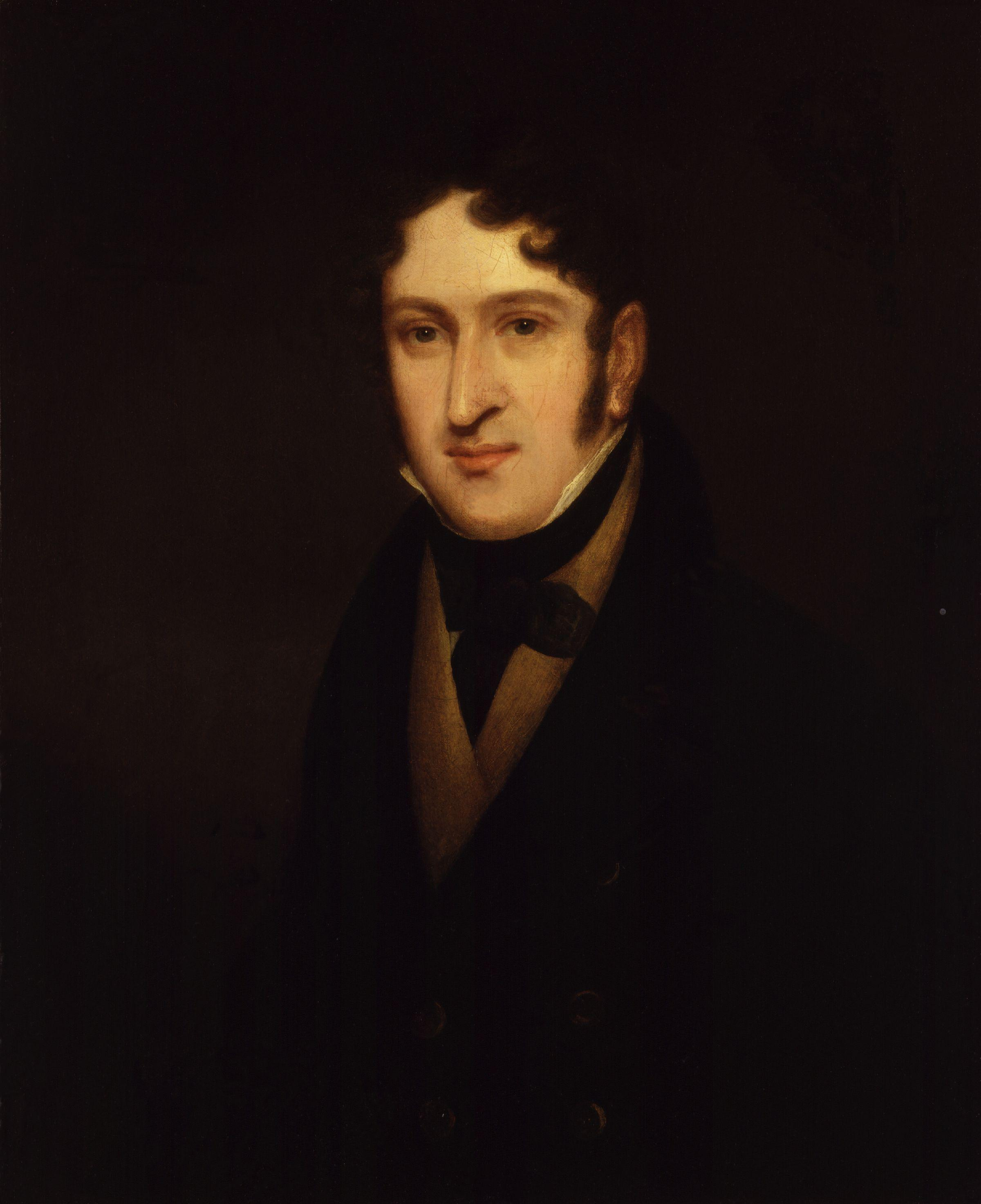|
Rob Roy (play)
''Rob Roy'' (''Rob Roy, the Gregarach'') is an 1818 play by English playwright George Soane, based on the 1817 novel ''Rob Roy'' by Walter Scott. The play was first performed 25 March 1818 at Theatre Royal, Drury Lane, with a cast including James William Wallack as Dougal. Another popular stage version of ''Rob Roy'', by Isaac Pocock, performed with traditional Scottish songs, was also premiered in 1818 and frequently revived thereafter.Cameron, Alasdair"Scott, ''Rob Roy'' and the National Drama" University of Glasgow , image = UofG Coat of Arms.png , image_size = 150px , caption = Coat of arms Flag , latin_name = Universitas Glasguensis , motto = la, Via, Veritas, Vita , ..., 1988, accessed 11 June 2020 References {{Reflist 1818 plays Plays based on real people Plays set in Scotland Plays set in the 18th century Adaptations of works by Walter Scott Cultural depictions of Rob Ro ... [...More Info...] [...Related Items...] OR: [Wikipedia] [Google] [Baidu] |
Mr John Langford Pritchard As Rob Roy
''Mister'', usually written in its contracted form ''Mr.'' or ''Mr'', is a commonly used English honorific for men without a higher honorific, or professional title, or any of various designations of office. The title 'Mr' derived from earlier forms of '' master'', as the equivalent female titles ''Mrs'', ''Miss'', and '' Ms'' all derived from earlier forms of ''mistress''. ''Master'' is sometimes still used as an honorific for boys and young men. The modern plural form is ''Misters'', although its usual formal abbreviation ''Messrs''(.) derives from use of the French title ' in the 18th century. ' is the plural of ' (originally ', "my lord"), formed by declining both of its constituent parts separately. Historical etiquette Historically, ''mister'' was applied only to those above one's own status if they had no higher title such as ''Sir'' or ''my lord'' in the English class system. That understanding is now obsolete, as it was gradually expanded as a mark of respect to tho ... [...More Info...] [...Related Items...] OR: [Wikipedia] [Google] [Baidu] |
George Soane
George Soane (1790–1860) was an English writer and dramatist. Life The younger son of John Soane, he was born in London. He graduated B.A. from Pembroke College, Cambridge, in 1811. Shortly afterwards he married Agnes Boaden, against his parents' wishes. His writing career was not enough to earn a living. Soane fell into debt, and was imprisoned. In 1814 he was editing the ''Theatrical Inquisitor'', but also served time for fraud. He gave evidence on the King's Bench Prison, from his experience of it, to a committee of enquiry in 1815. In ''The Champion'' during September 1815 Soane attacked his father's reputation as an architect, in two anonymous articles. His mother died shortly afterwards. These pieces led to a family rupture, and indirectly to the foundation of Sir John Soane's Museum. Soane attempted to block the private Act of Parliament of 1833 that set up the museum's endowment. The matter was debated in the House of Commons for an hour, with William Cobbett putti ... [...More Info...] [...Related Items...] OR: [Wikipedia] [Google] [Baidu] |
Adam Matthew Digital
Adam Matthew Digital is an academic publisher based in the United Kingdom and the United States. It has been an independent subsidiary of Sage Publications since 2012. The company specializes in online primary source databases and curated collections for the humanities and social sciences. Its corporate offices are in Marlborough, Wiltshire. History Adam Matthew Publications was founded in 1990 by David Tyler and William Pidduck. The company focused on publishing microfilm collections with a back list of over 600 titles until publishing their first ‘digital’ collections in the late 1990s on CD-ROM, and releasing its first truly online resources in the early 2000s. By the mid-2000s, the company directors – now including Khal Rudin - founded Adam Matthew Digital to focus solely on the development and production of digital collections, and began trading as a separate entity from 1 January 2007. On 5 October 2012, the company was acquired by SAGE Publications. Collections ... [...More Info...] [...Related Items...] OR: [Wikipedia] [Google] [Baidu] |
Rob Roy (novel)
''Rob Roy'' (1817) is a historical novel by Walter Scott, one of the Waverley novels. It is probably set in 1715, the year of the first Jacobite uprising, and the social and economic background to that event are an important element in the novel, though it is not treated directly. The depiction of Rob Roy bears little relation to the historical figure: 'there are two Rob Roys. One lived and breathed. The other is a good story, a lively tale set in the past. Both may be accepted as "valid", but they serve different needs and interests.' Frank Osbaldistone narrates the story. He is the son of an English merchant who parted from his family home in the north of England near the border with Scotland when he was a young man, being of different religion and temperament than his own father or his younger brother. Frank is sent by his father to live at the long unseen family home with his uncle and his male cousins, when he refuses to join his father's successful business. In exchange, ... [...More Info...] [...Related Items...] OR: [Wikipedia] [Google] [Baidu] |
Walter Scott
Sir Walter Scott, 1st Baronet (15 August 1771 – 21 September 1832), was a Scottish novelist, poet, playwright and historian. Many of his works remain classics of European and Scottish literature, notably the novels ''Ivanhoe'', '' Rob Roy'', '' Waverley'', '' Old Mortality'', ''The Heart of Mid-Lothian'' and '' The Bride of Lammermoor'', and the narrative poems '' The Lady of the Lake'' and '' Marmion''. He had a major impact on European and American literature. As an advocate, judge and legal administrator by profession, he combined writing and editing with daily work as Clerk of Session and Sheriff-Depute of Selkirkshire. He was prominent in Edinburgh's Tory establishment, active in the Highland Society, long a president of the Royal Society of Edinburgh (1820–1832), and a vice president of the Society of Antiquaries of Scotland (1827–1829). His knowledge of history and literary facility equipped him to establish the historical novel genre as an exemplar of Eur ... [...More Info...] [...Related Items...] OR: [Wikipedia] [Google] [Baidu] |
Theatre Royal, Drury Lane
The Theatre Royal, Drury Lane, commonly known as Drury Lane, is a West End theatre and Grade I listed building in Covent Garden, London, England. The building faces Catherine Street (earlier named Bridges or Brydges Street) and backs onto Drury Lane. The building is the most recent in a line of four theatres which were built at the same location, the earliest of which dated back to 1663, making it the oldest theatre site in London still in use. According to the author Peter Thomson, for its first two centuries, Drury Lane could "reasonably have claimed to be London's leading theatre". For most of that time, it was one of a handful of patent theatres, granted monopoly rights to the production of "legitimate" drama in London (meaning spoken plays, rather than opera, dance, concerts, or plays with music). The first theatre on the site was built at the behest of Thomas Killigrew in the early 1660s, when theatres were allowed to reopen during the English Restoration. Initial ... [...More Info...] [...Related Items...] OR: [Wikipedia] [Google] [Baidu] |
James William Wallack
James William Wallack (c. 1794–1864), commonly referred to as J. W. Wallack, was an Anglo- American actor and manager, born in London, and brother of Henry John Wallack. Life Wallack's father was named William Wallack and his sister was named Elizabeth. His parents were comedians, who performed at the London minor playhouses and in the British provinces. His first appearance on the stage was as a child at the Surrey Theatre in London. Soon afterward he performed in juvenile characters at Drury Lane, and at the age of eighteen entered on a permanent career at the same house as Laertes in ''Hamlet''. He also acted in the British provinces and in Ireland, gradually winning his way to popularity as a useful representative of drama and comedy. In 1823 he played Victor Frankenstein in ''Presumption; or, the Fate of Frankenstein'' at the English Opera House. In 1824, Wallack became stage manager at Drury Lane, and rose to the performance of secondary roles in tragedy. Later he pl ... [...More Info...] [...Related Items...] OR: [Wikipedia] [Google] [Baidu] |
National Portrait Gallery, London
The National Portrait Gallery (NPG) is an art gallery in London housing a collection of portraits of historically important and famous British people. It was arguably the first national public gallery dedicated to portraits in the world when it opened in 1856. The gallery moved in 1896 to its current site at St Martin's Place, off Trafalgar Square, and adjoining the National Gallery (London), National Gallery. It has been expanded twice since then. The National Portrait Gallery also has regional outposts at Beningbrough Hall in Yorkshire and Montacute House in Somerset. It is unconnected to the Scottish National Portrait Gallery in Edinburgh, with which its remit overlaps. The gallery is a non-departmental public body sponsored by the Department for Digital, Culture, Media and Sport. Collection The gallery houses portraits of historically important and famous British people, selected on the basis of the significance of the sitter, not that of the artist. The collection includes ... [...More Info...] [...Related Items...] OR: [Wikipedia] [Google] [Baidu] |
Isaac Pocock
Isaac Pocock (2 March 1782 – 23 August 1835) was an English dramatist and painter of portraits and historical subjects. He wrote melodramas, farces and light operatic comedies, many being stage adaptations of existing novels. Of his 40 or so works, the most successful was ''Hit and Miss'' (1810), a musical farce.Christine L. Krueger, George Stade, Karen Karbiener. ''Encyclopedia of British Writers: 19th and 20th Centuries'' (Infobase Publishing, 2003) p. 274-5. The mariner Sir Isaac Pocock (1751–1810) was his uncle. Life Isaac Pocock was born in Bristol on 2 March 1782, the eldest son of Nicholas Pocock, marine painter, and Ann Evans (daughter of John Evans of Bristol). William Innes Pocock (1783–1836), a naval officer and author, was his brother. About 1798, Isaac became a pupil of George Romney, with Thomas Alphonso Hayley, son of the writer William Hayley, as a fellow student. After Romney's death in 1802, he studied under Sir William Beechey.DNB, 1885–1900, vol. 4 ... [...More Info...] [...Related Items...] OR: [Wikipedia] [Google] [Baidu] |
University Of Glasgow
, image = UofG Coat of Arms.png , image_size = 150px , caption = Coat of arms Flag , latin_name = Universitas Glasguensis , motto = la, Via, Veritas, Vita , mottoeng = The Way, The Truth, The Life , established = , type = Public research university Ancient university , endowment = £225.2 million , budget = £809.4 million , rector = Rita Rae, Lady Rae , chancellor = Dame Katherine Grainger , principal = Sir Anton Muscatelli , academic_staff = 4,680 (2020) , administrative_staff = 4,003 , students = () , undergrad = () , postgrad = () , city = Glasgow , country = Scotland, UK , colours = , website = , logo ... [...More Info...] [...Related Items...] OR: [Wikipedia] [Google] [Baidu] |
1818 Plays
Events January–March * January 1 ** Battle of Koregaon: Troops of the British East India Company score a decisive victory over the Maratha Empire. ** Mary Shelley's ''Frankenstein'' is published anonymously in London. * January 2 – The British Institution of Civil Engineers is founded. * January 3 (21:52 UTC) – Venus occults Jupiter. It is the last occultation of one planet by another before November 22, 2065. * January 6 – The Treaty of Mandeswar brings an end to the Third Anglo-Maratha War, ending the dominance of Marathas, and enhancing the power of the British East India Company, which controls territory occupied by 180 million Indians. * January 11 – Percy Bysshe Shelley's ''Ozymandias'' is published pseudonymously in London. * January 12 – The Dandy horse (''Laufmaschine'' bicycle) is invented by Karl Drais in Mannheim. * February 3 – Jeremiah Chubb is granted a British patent for the Chubb detector lock. * February 5 – Upon his death, King Ch ... [...More Info...] [...Related Items...] OR: [Wikipedia] [Google] [Baidu] |
Plays Based On Real People
Play most commonly refers to: * Play (activity), an activity done for enjoyment * Play (theatre), a work of drama Play may refer also to: Computers and technology * Google Play, a digital content service * Play Framework, a Java framework * Play Mobile, a Polish internet provider * Xperia Play, an Android phone * Rakuten.co.uk (formerly Play.com), an online retailer * Backlash (engineering), or ''play'', non-reversible part of movement * Petroleum play, oil fields with same geological circumstances * Play symbol, in media control devices Film * ''Play'' (2005 film), Chilean film directed by Alicia Scherson * ''Play'', a 2009 short film directed by David Kaplan * ''Play'' (2011 film), a Swedish film directed by Ruben Östlund * ''Rush'' (2012 film), an Indian film earlier titled ''Play'' and also known as ''Raftaar 24 x 7'' * ''The Play'' (film), a 2013 Bengali film Literature and publications * ''Play'' (play), written by Samuel Beckett * ''Play'' (''The New York T ... [...More Info...] [...Related Items...] OR: [Wikipedia] [Google] [Baidu] |








